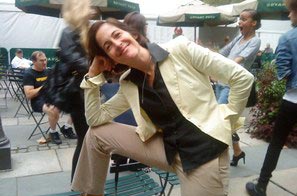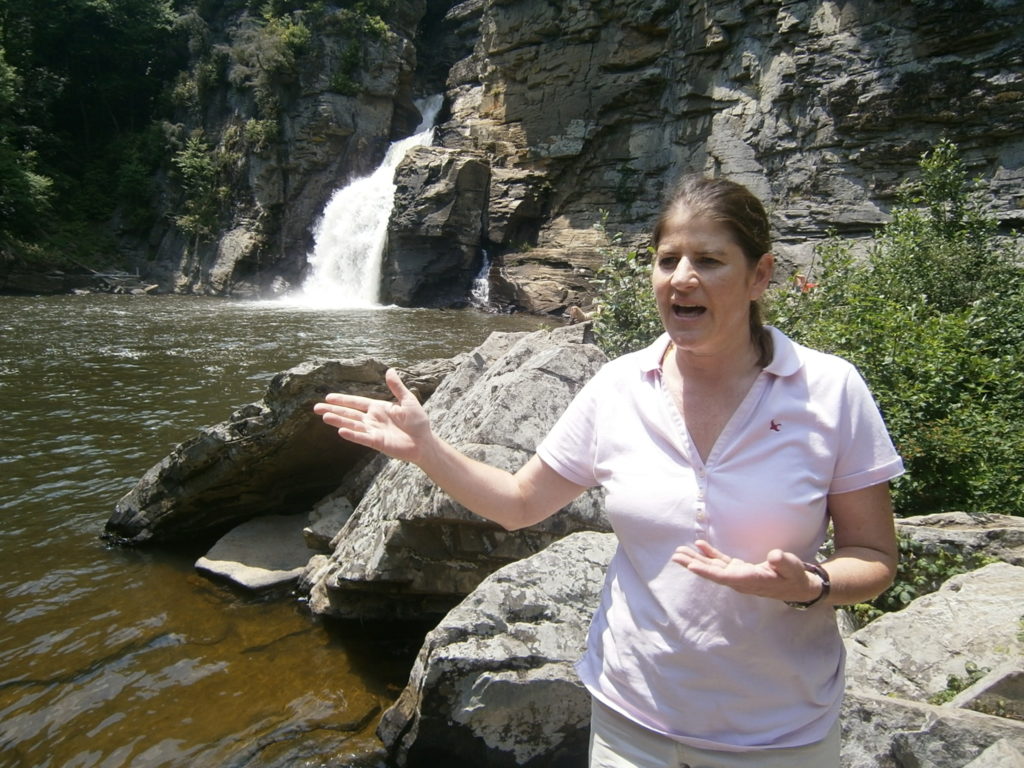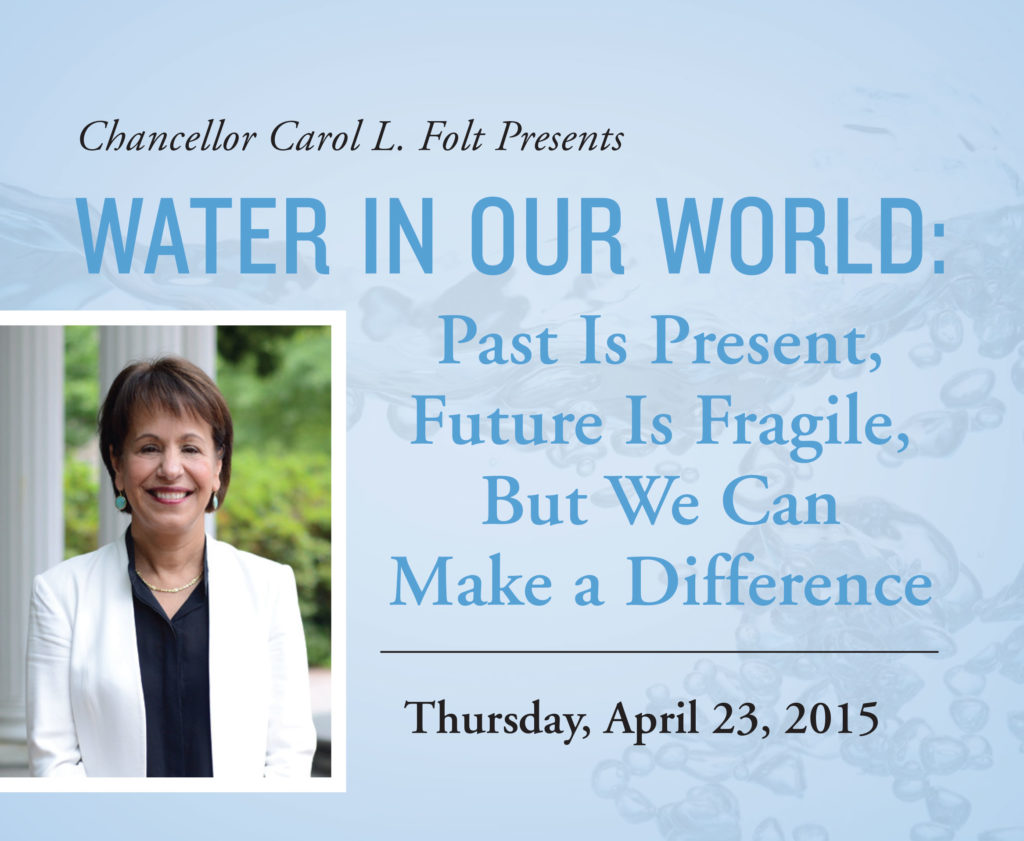Alane Mason was a 2010 Distinguished Alumni Award Winner

Alane Salierno Mason longs for days when snow stops the world, when appointments are canceled, meetings are postponed, the phone goes quiet and even the relentless stream of e-mail slows to a nearly frozen trickle. In the cocoon of those halted hours she can be alone in doing what she loves — working with words.
Mason is a New York book editor. It’s a busy job in a busy place. But as much as she enjoys reading, she wants to change something about books. She wants to knock down the walls that separate great writing by the author’s language. Her goal is make it easier for readers, especially those who read only in English, to travel the world of literature.
Mason (English ’86), a vice president and senior editor at W.W. Norton & Co., is founder and president of Words without Borders, a not-for-profit dedicated to translating, publishing and promoting the best in international literature.
“The aim is really to broaden the horizons of all English language readers and to nurture the spirit of curiosity and openness to the rest of the world,” said Mason, whose modest office on Fifth Avenue overlooks the New York Public Library.
Mason founded Words without Borders in 2003. It’s an online magazine where editors can sample works by writers from other countries “and maybe fall in love with one or two authors. Because the only way you can publish literature is to fall in love with somebody and really go to the wall to champion that author,” Mason explained.
A native of Tuxedo Park, N.Y., Mason’s upbringing was greatly influenced by her Italian grandparents. Her family lived in an apartment in a Tudor-style house that her grandfather, an immigrant from Naples, Italy, bought in 1946 for $7,500.
Mason took Italian for the first time at UNC and spent a summer in Italy studying the language and researching her family’s roots. Her first job out of college was as an intern at Harper’s Magazine.
She later worked at Simon & Schuster and Harcourt Brace Jovanovich, but continued studying Italian. In the mid-1990s, she translated a short novel, Elio Vittorini’s Conversations in Sicily, and was hooked on translation.
Mason’s acquisition list, representing 16 years of work at Norton, includes Andre Dubus III’s House of Sand and Fog, which was a #1 New York Times paperback bestseller and National Book Award finalist, and Stephen Greenblatt’s bestseller and Pulitzer finalist Will in the World: How Shakespeare Became Shakespeare.
Since its inception, Words without Borders has published more than 1,100 pieces from more than 110 countries and 90 different languages, Mason said.
Success stories include Tablet & Pen: Literary Landscapes from the Modern Middle East, a recent anthology by best-selling author Reza Aslan, as well as a piece by Romanian-born German novelist Herta Müller, recipient of the 2009 Nobel Prize for Literature. Words without Borders also was the first to publish Magdy El Shafee’s graphic novel Metro, seized by Cairo police upon publication and never available in the original Arabic.
Mason and Randall Kenan, now an associate professor of English at Carolina, met while they were students taking the honors seminar in creative writing taught by English faculty members Doris Betts and Daphne Athas. The first book that Mason acquired and edited was Kenan’s second, a collection of stories, Let the Dead Bury Their Dead.
“Alane is smart, ruthless, dedicated and what I would describe as a pragmatic idealist,” Kenan said. “Her taste in literature is impeccable.”
“Aside from creating a legacy as a top-notch New York editor, with a stable of lasting and important writers to her credit, she has created an extremely valuable resource in Words without Borders,” Kenan added. “In time it will be recognized as a powerful and important archive which will have a vast impact upon literature and upon international relations.”
Words without Borders recently launched an education initiative with the hope of getting educators to use contemporary international literature in the classroom.
The group has begun to link foreign writers with American classes, and some teachers have developed lesson plans using Words without Borders material.
“There are a limited number of people who are readers,” Mason said. “But of those people, many if not most have a curiosity and an interest in finding out about the rest of the world.”
Editor’s note: This story by Pamela Babcock appeared in the spring ’11 issue of Carolina Arts & Sciencesmagazine.



